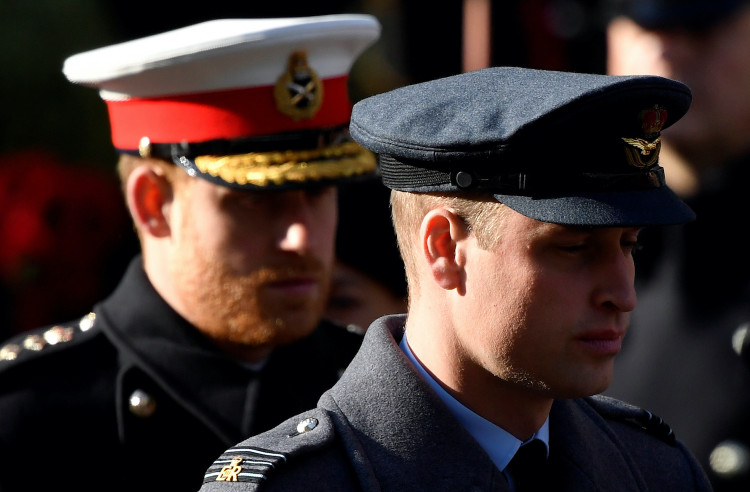In the latest chapter of the ongoing saga within the British royal family, comments made by Prince Harry in the Netflix miniseries "Harry & Meghan" have added fuel to the fire of his strained relationship with his brother, Prince William. Royal author Robert Hardman, in his new book "The Making of a King: King Charles III and the Modern Monarchy," interprets Harry's words as a veiled criticism of William's marriage to Kate Middleton.
In the documentary series, Prince Harry speaks about the pressure on royal men to marry within a certain mold, rather than following their heart. "Harry talks about marrying someone for love, not because it's the sort of person you ought to," Hardman explained to The New York Post. "I think that's a lot more wounding. I mean that's effectively dissing your brother and his choice of wife in a very public way." This assertion suggests a deepening rift between the brothers, fueled by Harry's public disclosures.
Hardman's book, which delves into the recent history and conflicts of the royal family, comes at a time when the relationship between the senior royals and Prince Harry and Meghan Markle is under intense scrutiny. "There's still a lot of bridges to rebuild there," Hardman told Today, highlighting the optimism of King Charles III but acknowledging the damaged bond between Harry and William.
The release of Prince Harry's memoir, "Spare," in 2023, escalated tensions. In the book, Harry offers an unvarnished look into his childhood and his relationship with William, including a physical altercation over Meghan Markle. "It all happened so fast. So very fast. He grabbed me by the collar, ripping my necklace, and he knocked me to the floor," Harry writes, describing an incident with William that allegedly resulted in a visible injury.
In addition to these personal revelations, Harry and Meghan's interview with Oprah Winfrey and their Netflix series have contributed to the strained relations. According to Hardman, William, known for his intense privacy, feels particularly wounded by Harry's willingness to share intimate childhood stories and private conversations.
Another significant revelation in Hardman's book concerns the naming of Harry and Meghan's daughter, Lilibet. The book claims that Queen Elizabeth II was not consulted about the use of her childhood nickname for the Sussexes' daughter, leading to a rare show of anger from the Queen.
The ongoing public discourse and revelations about the royal family's internal dynamics paint a picture of deep divisions and personal pain. The situation is compounded by public interest and the media's scrutiny of every move and statement from the royal family members.
As the saga continues, the focus remains on the possibility of reconciliation and healing within the family. While King Charles III's optimism for a resolution persists, the path to repairing these relationships appears fraught with challenges and complex emotions. The royal family's narrative, steeped in tradition and public duty, now faces a modern test of personal relationships and public perception in an era of unprecedented media attention and scrutiny.





